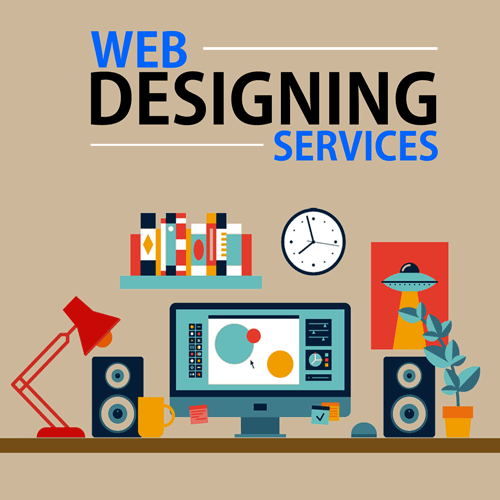Web development refers to the process of building and creating websites. It involves tasks such as web design, front-end development (client-side coding), back-end development (server-side coding), database management, and website maintenance.
Web solutions typically encompass a range of services, including website design and development, responsive design for mobile devices, e-commerce integration, content management systems (CMS) implementation, web hosting, domain registration, search engine optimization (SEO), website maintenance, and security enhancements.
The timeline for website development can vary depending on factors such as the complexity of the project, the number of pages, required functionalities, and the availability of content and resources. Simple websites may take a few weeks, while more complex ones could take several months.
Responsive web design is an approach to web development that ensures a website displays properly and provides optimal user experience across various devices and screen sizes, including desktops, laptops, tablets, and mobile phones. It involves using flexible layouts, proportion-based grids, and media queries to adapt the website’s design and content to different screen resolutions.
A content management system is a software application that allows website owners or administrators to create, edit, organize, and publish digital content on their websites without requiring advanced technical knowledge. CMSs provide an intuitive interface, enabling users to manage web pages, images, multimedia, and other site elements efficiently.
SEO is crucial for a website’s visibility and online presence. It involves optimizing a website’s structure, content, and code to improve its search engine rankings. Effective SEO practices help drive organic traffic to a website, enhance its online visibility, and increase the chances of attracting potential customers or users.
If your website is built with a content management system (CMS), you should be able to update and manage the website’s content independently. A CMS enables users to make changes to text, images, videos, and other elements using a user-friendly interface, without requiring technical expertise.
Many web solution providers offer website maintenance and support services. These services typically involve regular backups, security updates, bug fixes, performance optimization, and technical support to ensure that your website runs smoothly and remains secure.























